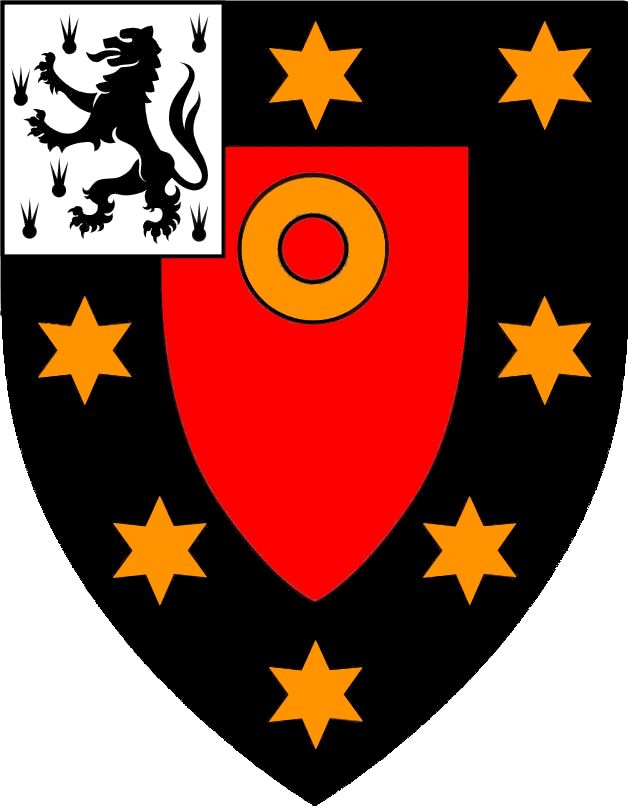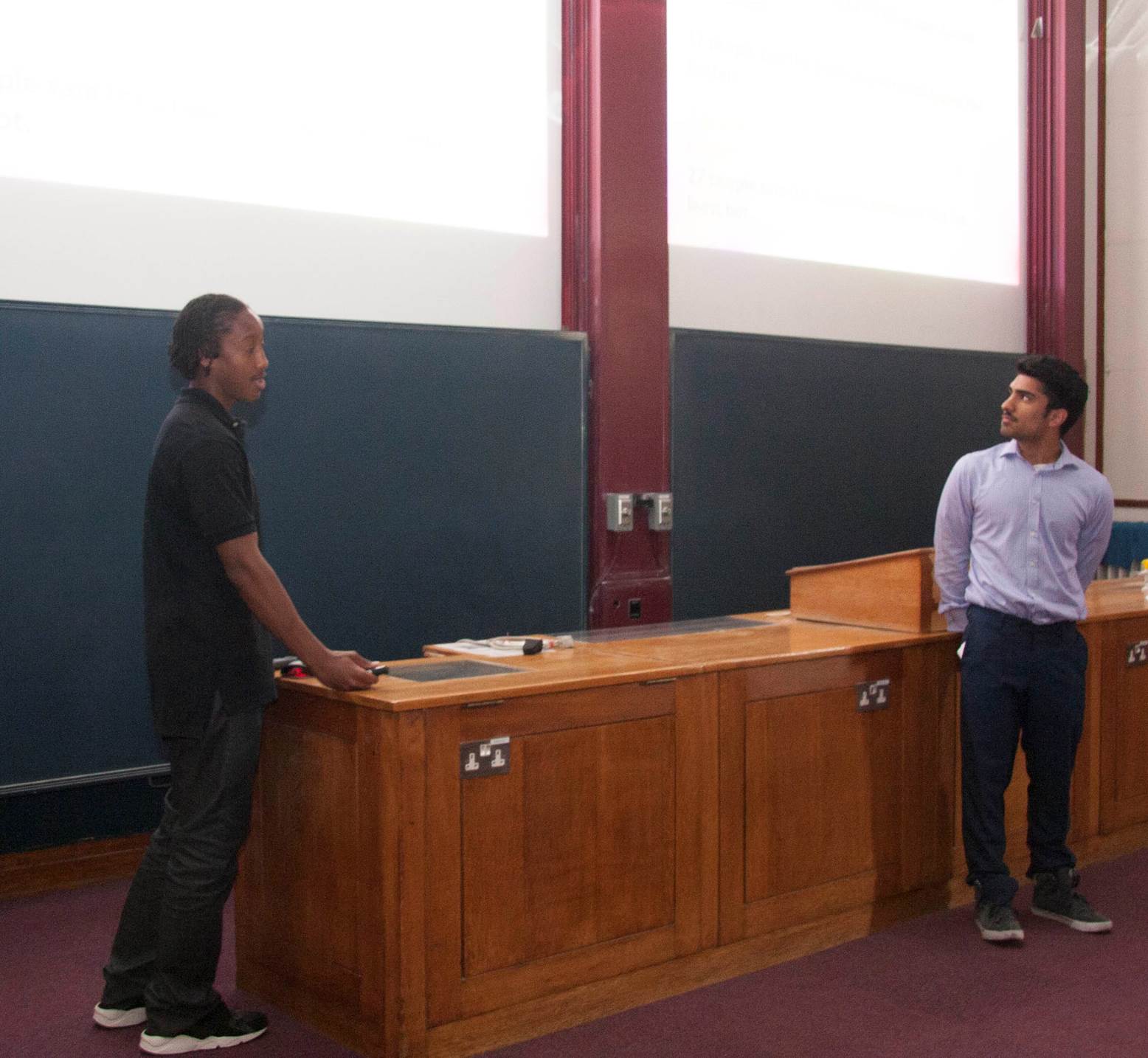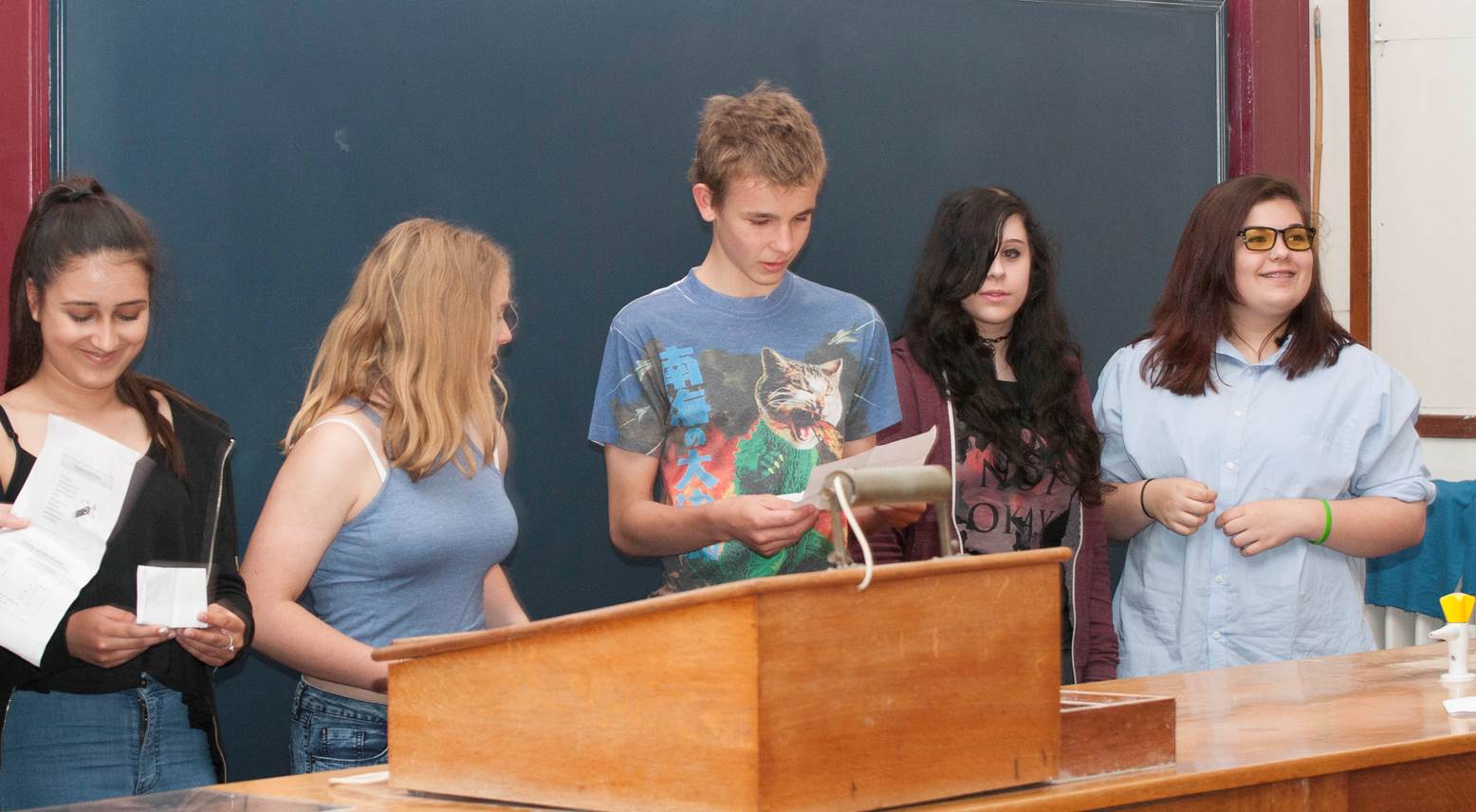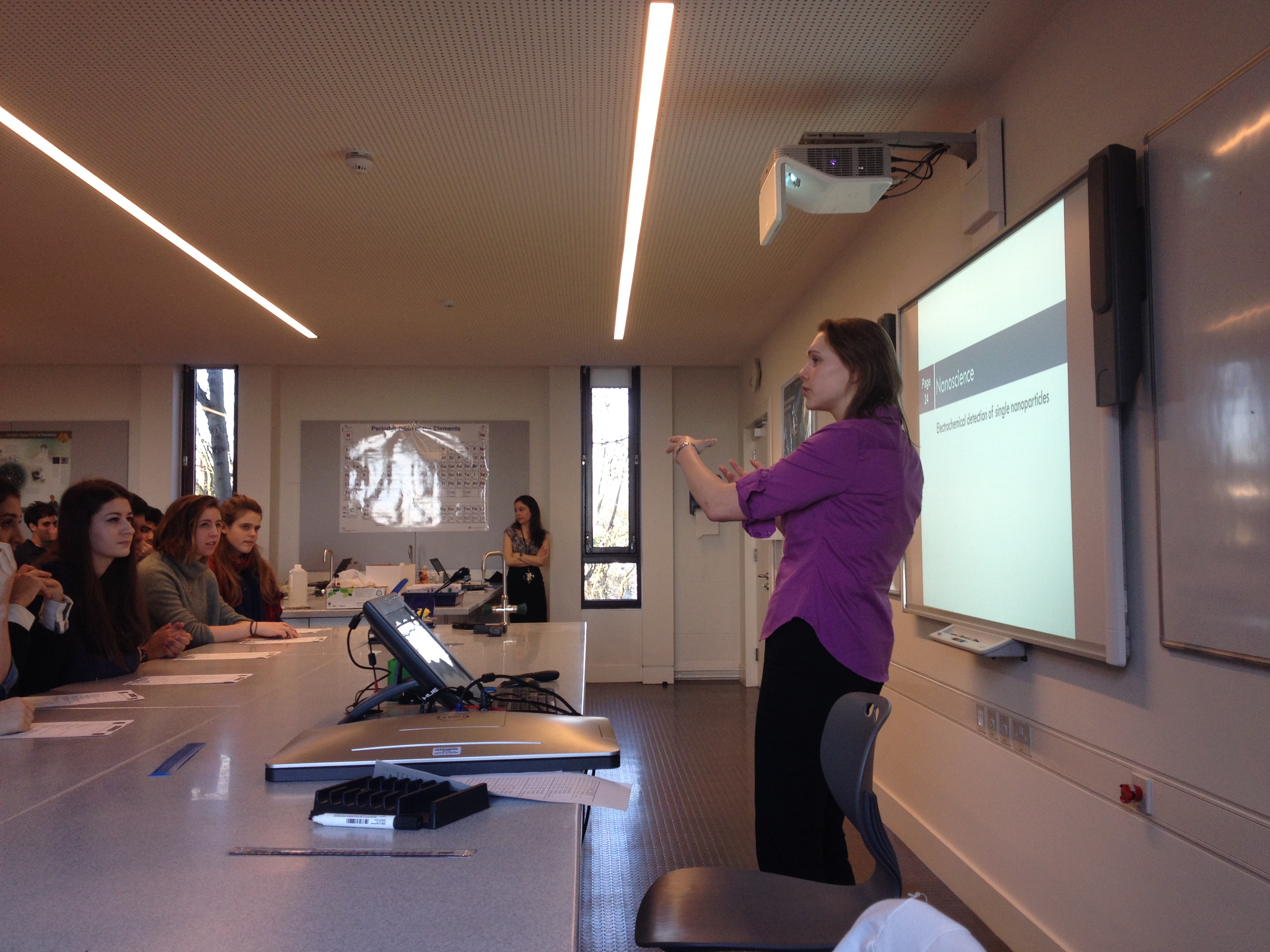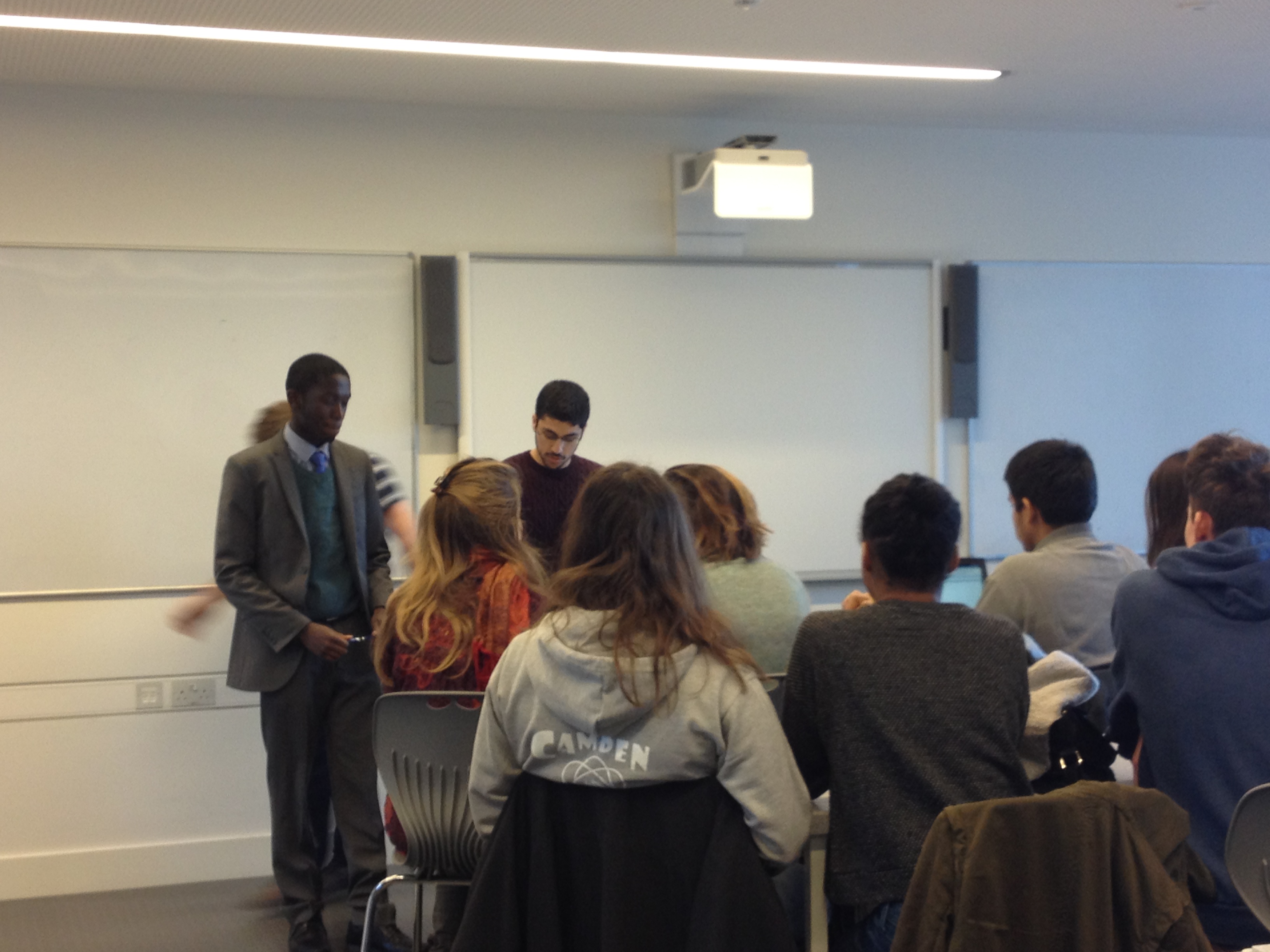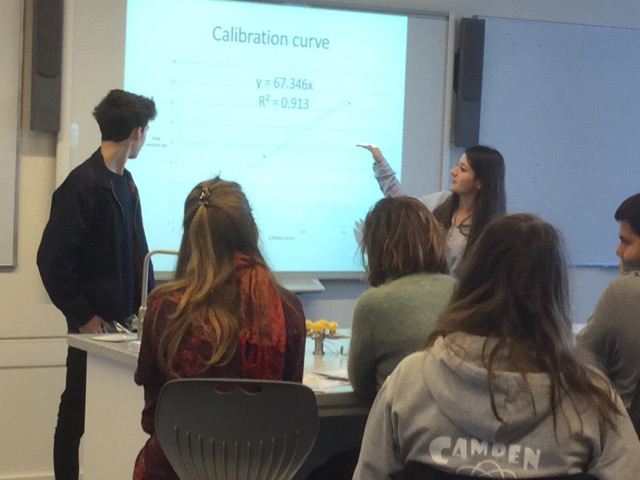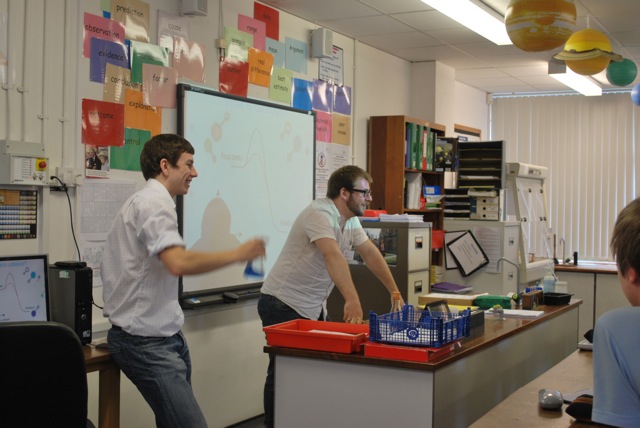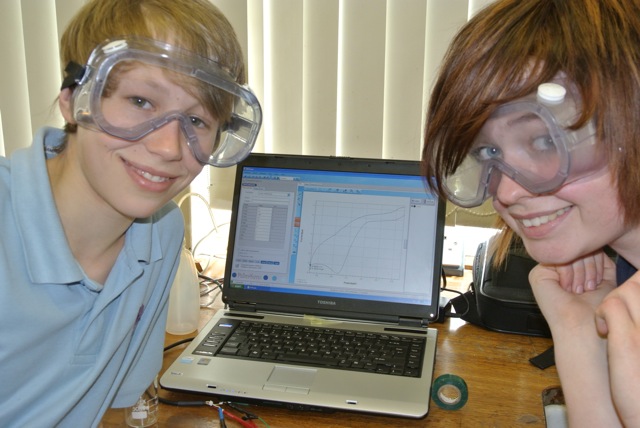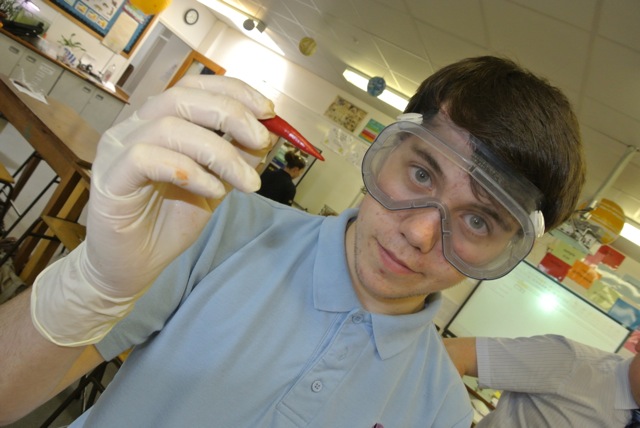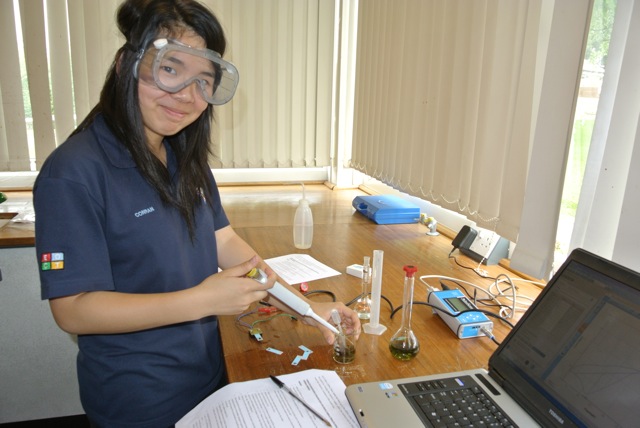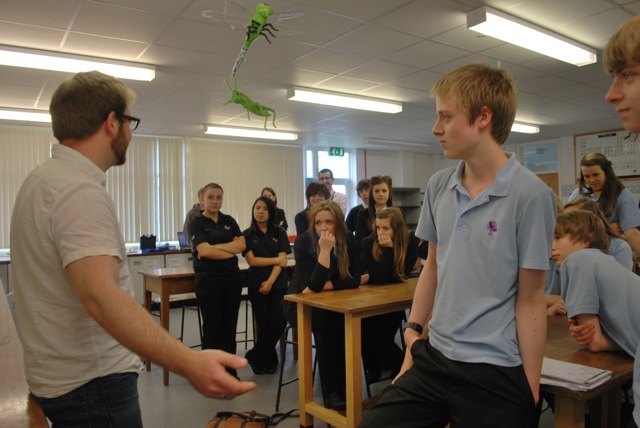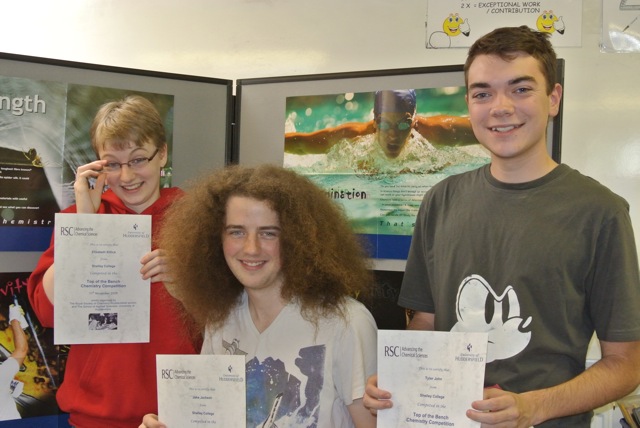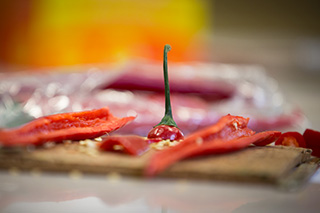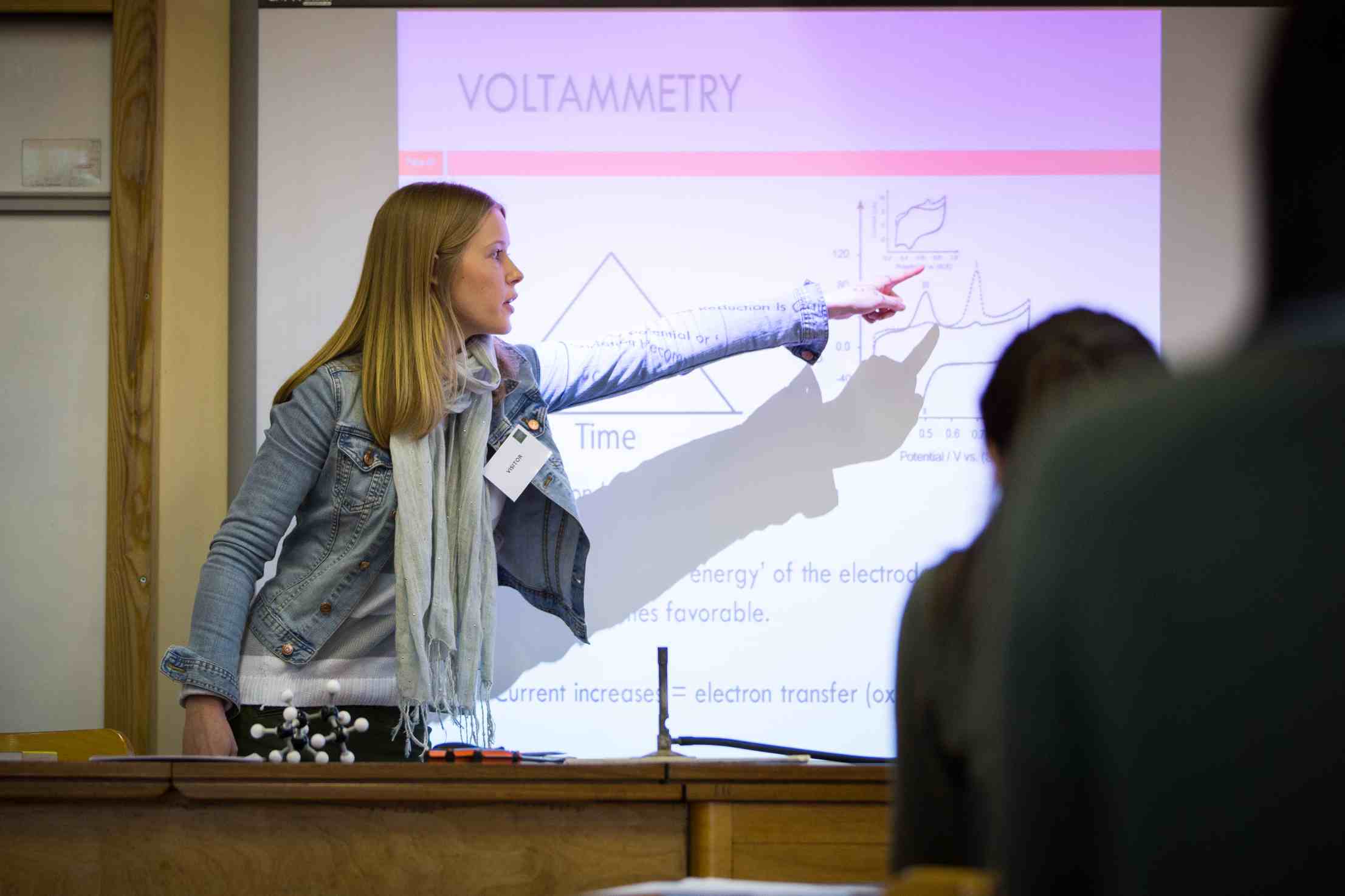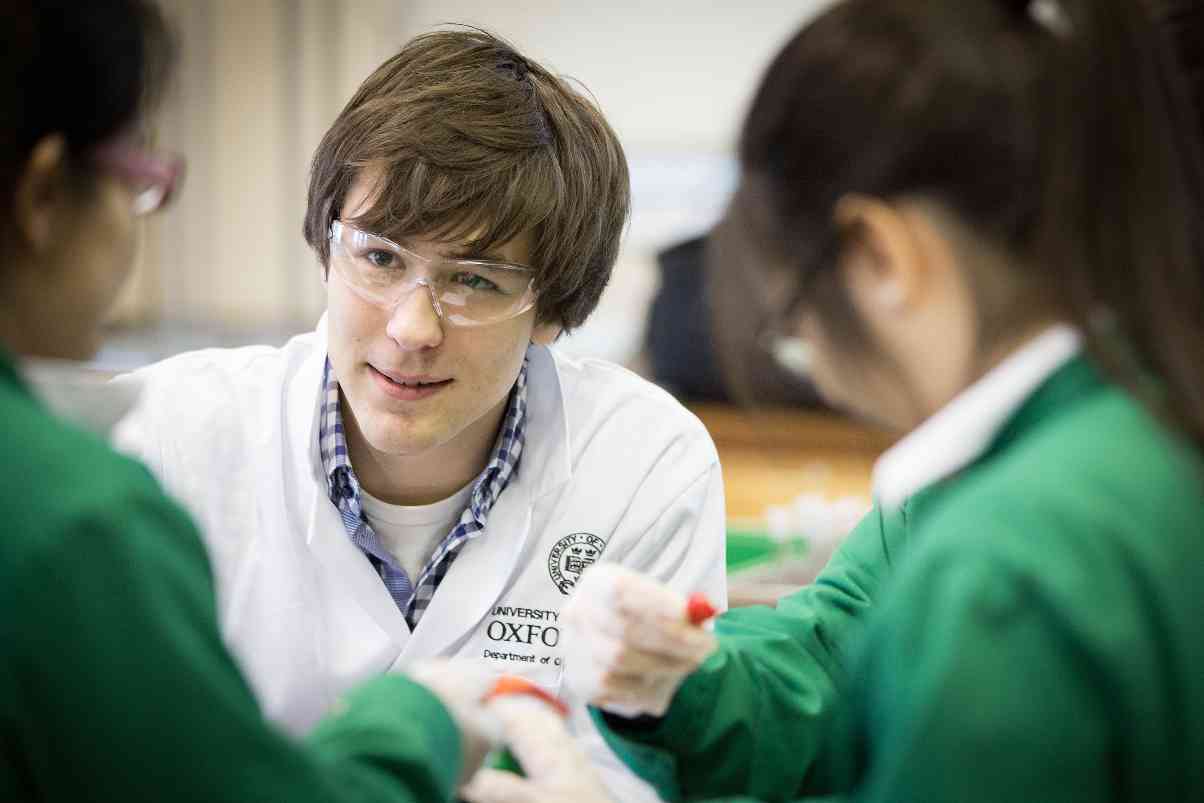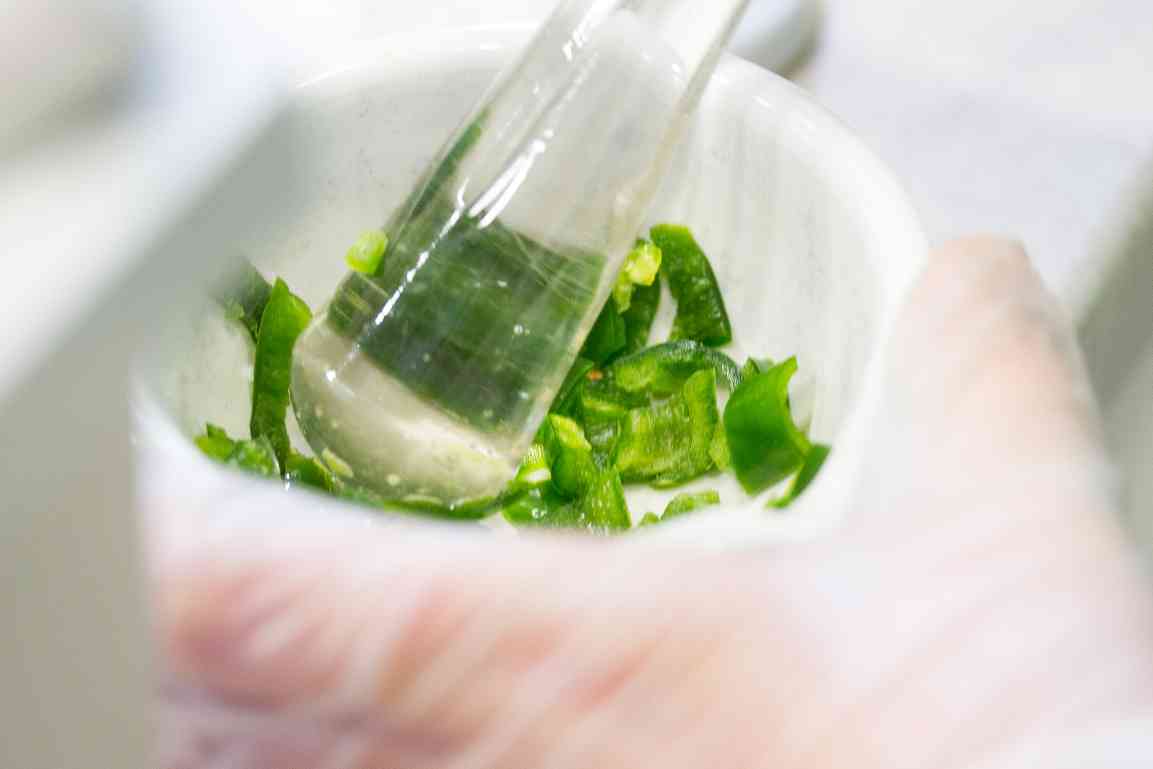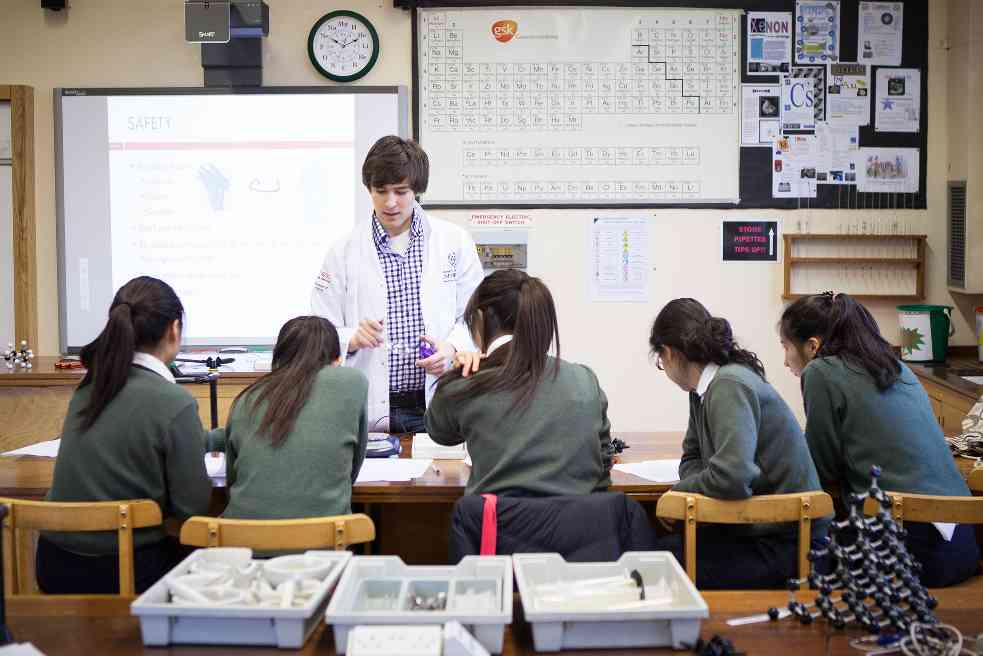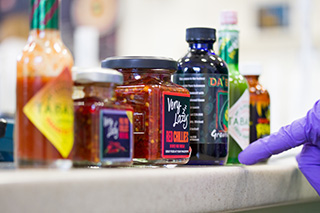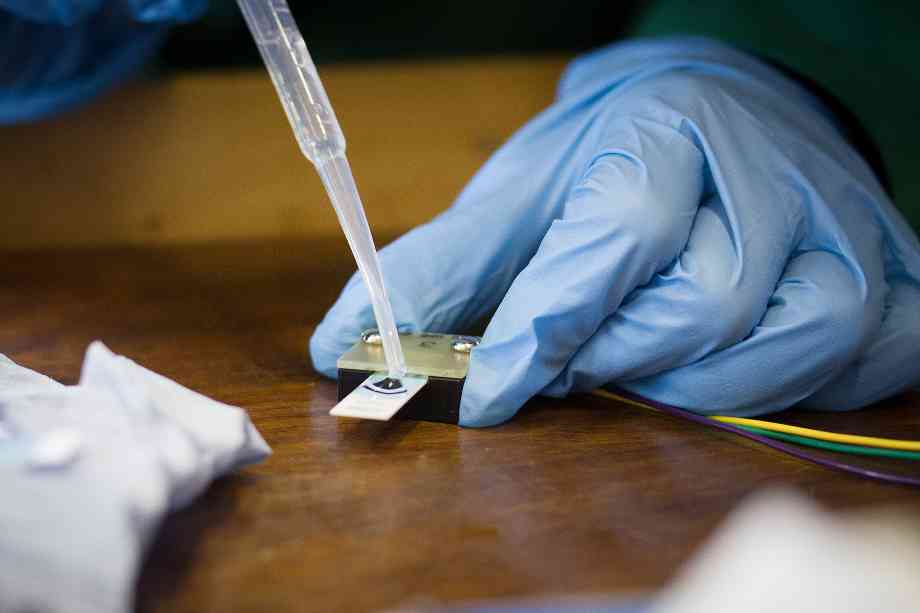Outreach
2ND OXFORD CHILLI CONFERENCE (July, 2016)
The second Oxford Chilli Conference took place in the Inorganic Chemistry Laboratory on Tuesday 12th July, 2016 hosted by the Compton Research Group. Approximately 80 students (aged 14 - 17) and their teachers participated travelling from three schools in West Yorkshire - Woodkirk Academy, Ryburn Valley High School, and Shelley College.
All student attendees presented their research on 'chilli science' to an audience of peers and Oxford researchers. The work ranged from relating the colour of chillis to their heat, the relationship between the chilli anatomy and the local heat content, the effect of aging on chillis and a comparison of the heat of some commercial chilli sauces advertised as 'extreme'. Students revealed an impressively mature grasp of analytical science, electrochemistry and nanochemistry.
The projects were funded and supported in different ways by Metrohm UK of Runcorn, Dropsens from Oviedo in Spain, and St John's College, Oxford. Metrohm were represented at the conference by Dr Joanne Holmes who gave a short talk.
A particular highlight was a charismatic talk entitled "101 Things to do with a Chilli" given by Steve Waters of the South Devon Chilli Farm who gave a deeply knowledgeable, wide-ranging and humorous lecture interspersed with gifts of chillis and of chilli chocolate to the attending students as well as imputing many and diverse insights into the presented research
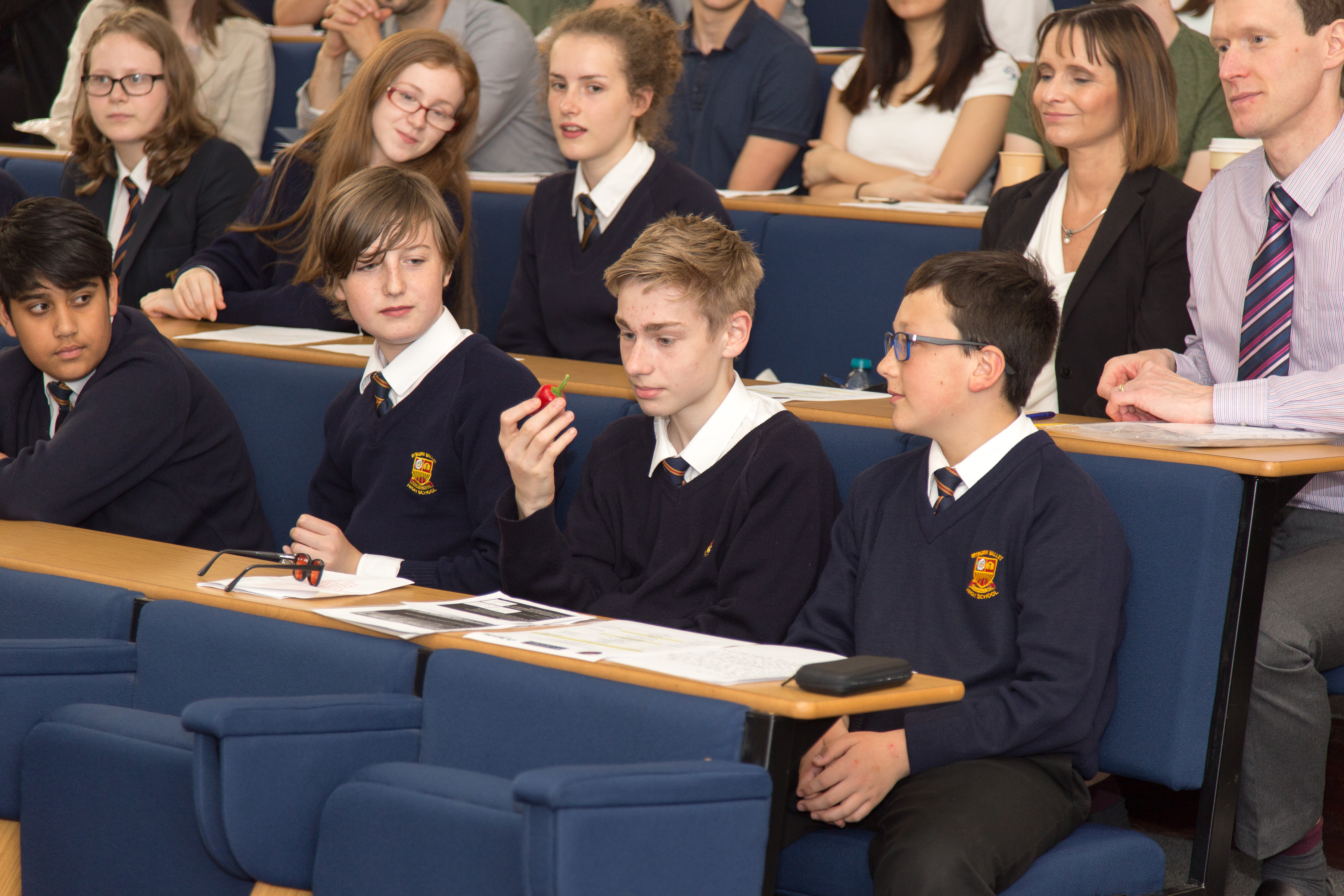
KENNET SCHOOL, THATCHAM
On Tuesday the 23rd of June Dr Eddy Barnes travelled to Kennet School in Thatcham, Berkshire to meet year 12 chemistry students. Eddy introduced the students to some key ideas in electrochemistry, and the students applied these ideas to design and construct a simple battery to power an LED. Eddy then gave an outline of how electrochemistry is being used in cutting edge research in the Compton group in the detection and use of nanoparticles in mediating important reactions such oxygen reduction.
1ST OXFORD CHILLI CONFERENCE
Wednesday July 8th 2015 saw the first Oxford Chilli Conference featuring ten different presentations from diverse schools in West Yorkshire and North London. The talks covered research undertaken by the different teams under the broad theme of 'chilli research' and utilising potentiostats provided through the Compton Group. One particularly interesting result obtained independently by two groups was that the capsaicin content of chillis drops as the fruit ripens with clear benefits to the plant in terms of discouraging consumption of the immature fruit by foragers whilst this hinderance is removed when the seeds are suitable for dispersal. Other presentations very effectively showed the power of electrochemical chill measurement when benchmarked against independent measures of Schoville units and also the variability of organoleptic testing procedures.
Public dialogue: Society and technology
On Saturday February 28th five of the group (Dr Kristina Tschulik, Tom Bartlett, Qianqi Lin, Xiuting Li and Richard Compton) participated in a general public dialogue concerning 'Applications of nanotechnology' at Austin Court, Birmingham. This was organised by the Department of the Environment, Food and Rural Affairs (DEFRA). The 40 participants at the workshop are members of the public recruited to reflect the broad demographics of the local population with a very broad range of knowledge of science and/or nanotechnology, including no knowledge at all! The 40 listened to some presentations but primarily engaged in discussion and debate. For this they split into 5 group and each of the Oxford scientists worked with one group helping them understand key issues in nano-science and technology and answer questions of the topic.
NORTH LONDON SCHOOLS
Contact: Charlotte Steers
On Saturday, the 23rd of January, 2015, five of the Compton group (Richard Compton, Kristina Tschulik, Chris Bachelor-McAuley, Eden Tanner and Shaltiel Eloul, plus Elise Hall, an MChem student from St John’s College) travelled to Highgate School in London to assist 25 budding electrochemists aged 17-18 from six different schools: Highgate School (Haringey), Alexandra Park School (Haringey), Camden School for Girls (Camden), La Sainte Union School (Camden), Maria Fidelis School (Camden), Claremont High School (Brent), Drayton Manor School (Ealing), and London Academy of Excellence (Newham).
The visit served as an introduction to the potentiostats designed by the Compton Group (‘chilli meters’) that the students will use to conduct experiments of their own design, and they will present their findings in Oxford in around six months’ time. Introductory talks were given by Shaltiel, Kristina, and Eden, and by Dr Vicki Aldmington of the Royal Society of Chemistry, who kindly provided funding for the event, before the students broke up into groups each led by a demonstrator to undertake some preliminary experiments.
Finally, representatives from each group delivered a talk on their conclusions. The Compton Group is excited to support the students through their journey into electrochemistry as they design their own experiments, and will see them again in Oxford when they come to present their results.
Highgate School news item about the event
Shelley College, Huddersfield
Contact: Dr Joanna Rhodes
In association with Dr Rhodes of Shelley College and Dr Woodhouse of the University of Huddersfield, the Compton group has developed an on going collaboration and outreach program aimed at increasing Oxbridge applications from state-schools.
In July 2012 the first of the outreach events was held at Shelley College, jointly funded by the Royal Society of Chemistry and the University of Oxford. The course was attended by twenty year-10s, with the group consisting of the highest achievers in science from Shelley College and two other local Yorkshire schools, Darton College and Ossett Academy. The one-day event focused upon both Nanotechnology and Electroanalysis.
A brief introduction to degree and research level chemistry was given by Dr Batchelor-McAuley, with the aim of equipping the students with the required knowledge to fully engage with the day's research challenges. Also, prior to lunch the students were given a virtual tour of undergraduate life at Oxford University by David Wray (3rd year undergrauate, St. John's College). The afternoon's session focused on the students undertaking electrochemical experiments with the aim of either measuring the concentration of ascorbic acid (vitamin C) in a selection of drinks or testing the 'heat of chillies'.
The students managed to not only use research level equipment but also successfully determine that the hottest part of the chilli is not the flesh or the seeds but the pith. The Compton group looks forward to further developing this connection and has recently fabricated a 'budget' potentiostat for use in the schools to help promote the long term and wider impact of the collaboration. This equipment is currently under testing with the secondary school students and preliminary results are due back early 2013!
The Cheltenham Ladies College
Contact: Dr David Gamblin
The Royal Society have awarded a Partnership Grant to Dr Gamblin (CLC) and Prof. Compton for the project 'Red hot science - capsaicin, chillies and chocolate'.
The Cheltenham Ladies' College in Gloucestershire has been chosen by The Royal Society, the UK's national academy of science, to receive a Partnership Grant that will enable local scientists and engineers to work with teachers from the school to implement an innovative science project.
The project, titled "Red Hot Science - Chillies, Capsaicin and chocolate" will enable pupils to use chemical sensors recently developed at Oxford University to measure the heat of student cultivated chilli peppers. This project introduces students of different ages, ranging from 11-19, to electro- and organic chemistry, botany, and statistics as well as providing experience of running a self-designed research project carrying out quantitative experimental measurements. The students will be introduced to the importance of chemical sensing to the modern world.
The project offers young people the chance to meet and work with a variety of experts in electrochemical and analytical science (Professor Richard Compton, The University of Oxford), agriculture (Steve Waters - Director South Devon Chilli Farm) and botany (Dr Alison Foster - Oxford Botanical Gardens) and allows them to build and develop their scientific understanding in a way that is exciting, original and relevant to their everyday life.
Professor John Pethica FRS, Vice-President of the Royal Society, said: "We're pleased to be supporting 'Red Hot Science - Chillies, Capsaicin and chocolate' at The Cheltenham Ladies' College and are looking forward to seeing this imaginative project come to life over the coming months. "Science and engineering are exhilarating and dynamic subjects and we hope that by giving teachers the opportunity to introduce innovative science that we can help show young people how much fun in real-life these s ubjects can be, and inspire them to become the inventors, explorers and innovators of the future."
Professor Richard Compton at The University of Oxford will be working in partnership with The Cheltenham Ladies' College during the next year. Talking about why he has become involved in the scheme, he said: "Our project will bring to life what pupils learn about in the classroom and help them to understand the impact of science and engineering upon their day-to-day activities. Making these subjects relevant is how we demonstrate how vital they are to our lives."
The Cheltenham Ladies College Website
Update:
The initial visit of the Compton Group to Cheltenham took place in March 2013 (see link below for details)
The Cheltenham Ladies College - First visit article and photos
Photographer: Mr Dave Stokes, The Cheltenham Ladies' College
St Mary Magdalene Academy, London
As part of the EPSRC Doctoral Prize Scheme, Dr. Martin Henstridge (a post-doctoral researcher in the group) visited the Mary Magdalene Academy in Islington, London in February 2013. He was invited to hold a "Chemistry Masterclass" for Year 12 and 13 International Baccalaureate (IB) students by Daniel Goward, head of chemistry and an alumnus of St John's College, Oxford.
The session was designed to complement the IB Chemistry syllabus and covered the basic thermodynamic principles of electron transfer which underpin the subject. The masterclass also discussed the importance of electrochemistry as the interface between electrochemical reactions and electronic devices; highlighting some of the numerous applications of electrochemistry in modern life such as batteries, sensors and industrial-scale production.
St Mary Magdalene Academy Website

